Description
Woven Strong: Understanding Chemical Resistance Wire Mesh
In a world increasingly reliant on harsh chemicals and demanding industrial processes, the choice of materials becomes critical. When filtration, separation, or containment are involved, traditional materials often fall short. This is where chemical resistance wire mesh shines, offering a robust and reliable solution for applications where conventional materials would corrode or degrade.
What is Chemical Resistance Wire Mesh?
Chemical resistance wire mesh is precisely what it sounds like: a woven mesh screen crafted from materials specifically selected for their inherent ability to withstand the corrosive effects of various chemicals, acids, bases, and solvents. Unlike standard stainless steel or carbon steel meshes, these specialized meshes are designed to maintain their integrity, strength, and functionality even when exposed to aggressive chemical environments.
The Importance of Material Selection
The key to effective chemical resistance lies in the material. Several alloys and polymers are commonly employed, each offering unique properties and suitability for specific applications. Some popular choices include:
- Stainless Steel Alloys (e.g., 316, 316L, 904L): These alloys contain higher levels of chromium, nickel, and molybdenum, providing enhanced resistance to acids, chlorides, and reducing agents. They are widely used due to their versatility and cost-effectiveness.
- Nickel Alloys (e.g., Monel, Inconel, Hastelloy): Offering exceptional resistance to a broad range of corrosive substances, including sulfuric acid, hydrochloric acid, and caustic solutions. Their high cost often limits their use to the most demanding environments.
- Titanium: Known for its outstanding strength-to-weight ratio and exceptional resistance to seawater, chlorine, and various oxidizing acids. It’s often used in aerospace, marine, and chemical processing applications.
- Fluoropolymers (e.g., PTFE, PVDF): These polymers exhibit incredible chemical inertness and resistance to virtually all known chemicals. They are commonly used as coatings for wire mesh or as standalone woven mesh components in highly corrosive environments.
Applications Across Industries
The versatility of chemical resistance wire mesh makes it indispensable across numerous industries:
- Chemical Processing: Filtration of corrosive chemicals, catalyst support, and process fluid separation.
- Pharmaceuticals: Manufacturing of active pharmaceutical ingredients (APIs), drug filtration, and separation of pharmaceutical compounds.
- Food and Beverage: Processing of acidic foods and beverages, sterilization of equipment, and filtration of corrosive cleaning solutions.
- Water Treatment: Filtration of aggressive wastewater streams, desalination processes, and chemical dosing systems.
- Petroleum Refining: Handling of crude oil, gasoline, and other petroleum-based products, as well as sulfuric acid alkylation processes.
- Mining and Minerals: Processing of ores and minerals using strong acids and bases, and treatment of mining wastewater.
- Electronics: Filtration of etchants and other chemicals used in semiconductor manufacturing.
Benefits of Using Chemical Resistance Wire Mesh
Choosing the right chemical resistance wire mesh offers numerous advantages:
- Extended Lifespan: Resists corrosion and degradation, resulting in longer service life and reduced replacement costs.
- Improved Reliability: Maintains structural integrity and performance in harsh chemical environments, ensuring consistent results.
- Reduced Maintenance: Requires less frequent maintenance and cleaning compared to standard materials.
- Enhanced Safety: Prevents leakage or failure of equipment due to corrosion, improving workplace safety.
- Cost-Effectiveness: Although initial costs may be higher, the extended lifespan and reduced maintenance requirements often result in long-term cost savings.
Selecting the Right Mesh for Your Application
Choosing the appropriate chemical resistance wire mesh requires careful consideration of several factors:
- Chemical Compatibility: Determine the specific chemicals the mesh will be exposed to and ensure the chosen material is resistant to them. Refer to chemical resistance charts and consult with material experts for guidance.
- Temperature: Consider the operating temperature range and select a material that can withstand the expected temperature fluctuations.
- Pressure: Determine the pressure the mesh will be subjected to and choose a material with sufficient strength and durability.
- Mesh Size and Weave Pattern: Select the appropriate mesh size and weave pattern based on the desired filtration or separation requirements.
- Budget: Balance performance requirements with budgetary constraints to find the most cost-effective solution.
Conclusion
Chemical resistance wire mesh is a vital component in numerous industries, offering a reliable and durable solution for applications involving harsh chemicals. By understanding the different materials available and their respective properties, engineers and procurement specialists can select the right mesh to ensure optimal performance, extended lifespan, and enhanced safety. When facing corrosive environments, investing in the right chemical resistance wire mesh is an investment in the long-term success and sustainability of your operations.

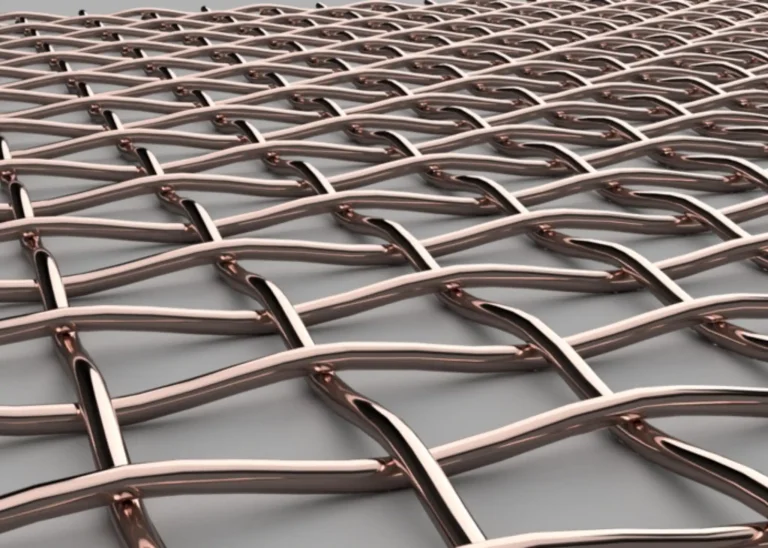
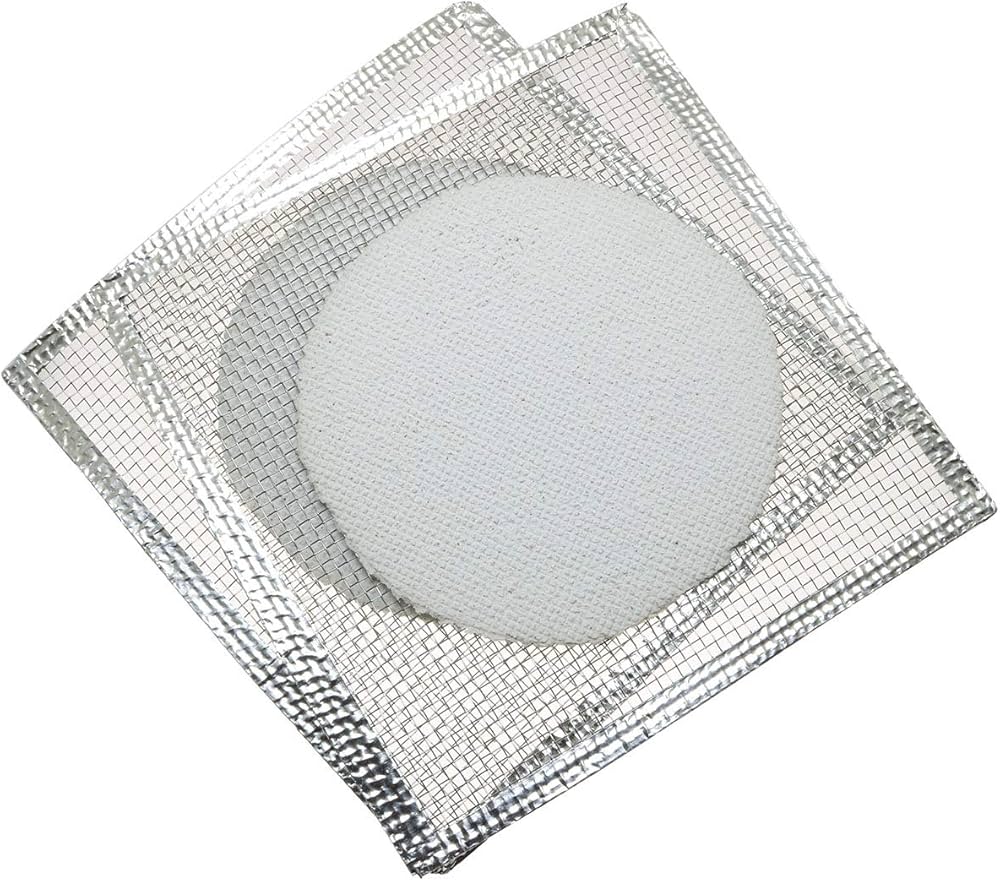
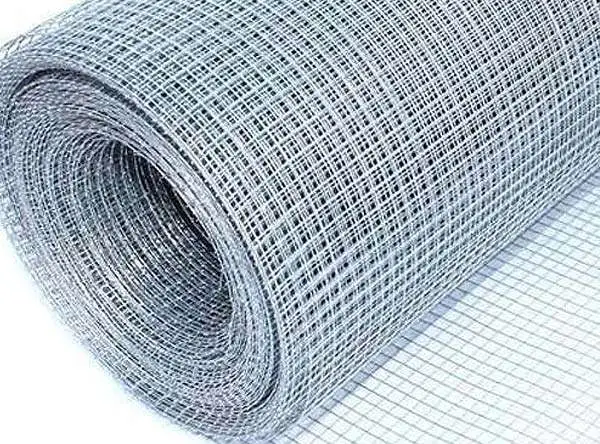
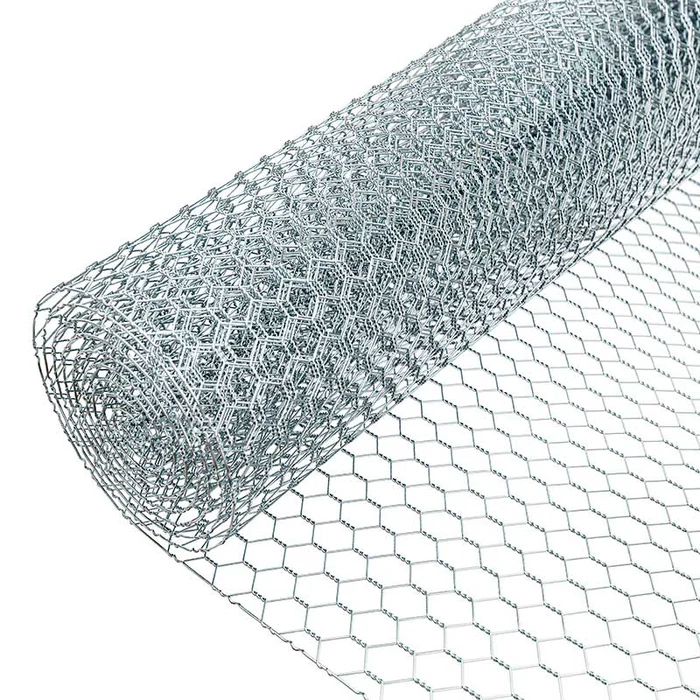
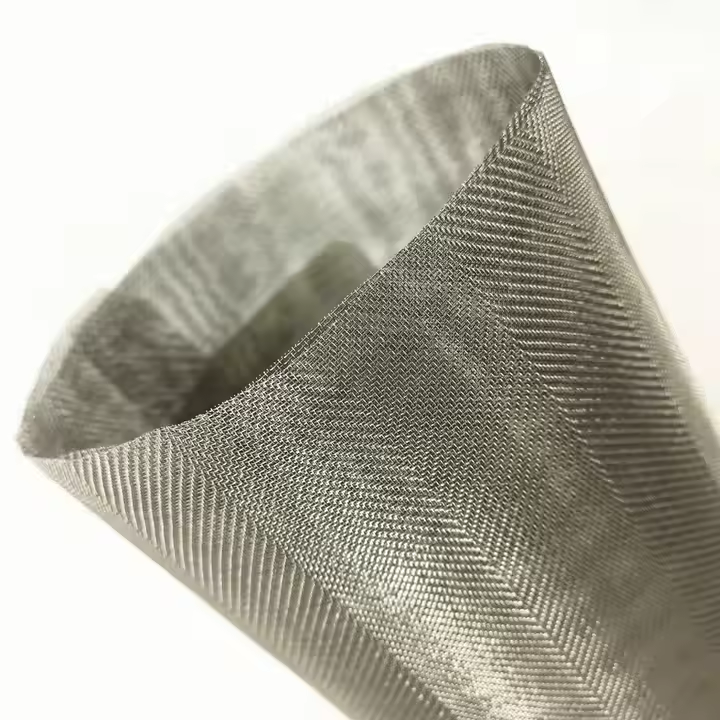
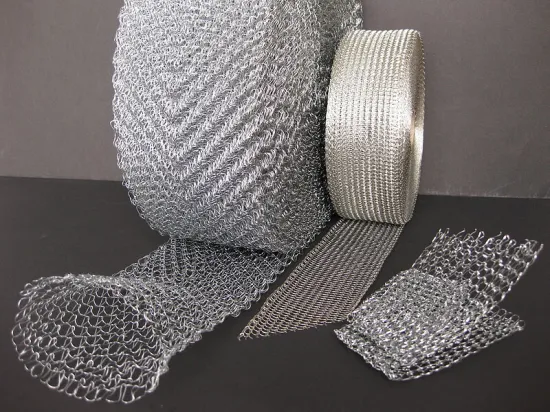
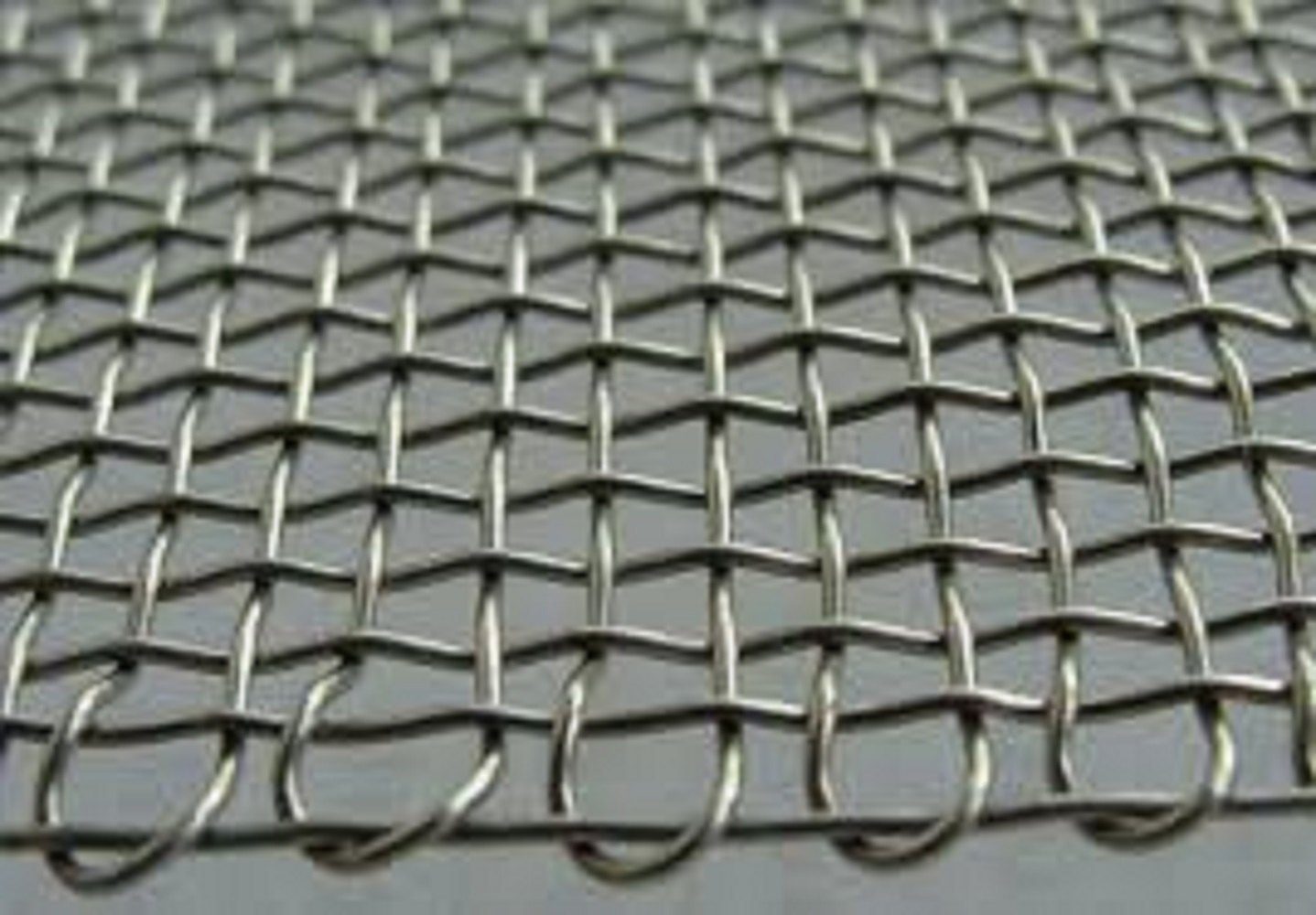




Reviews
There are no reviews yet.